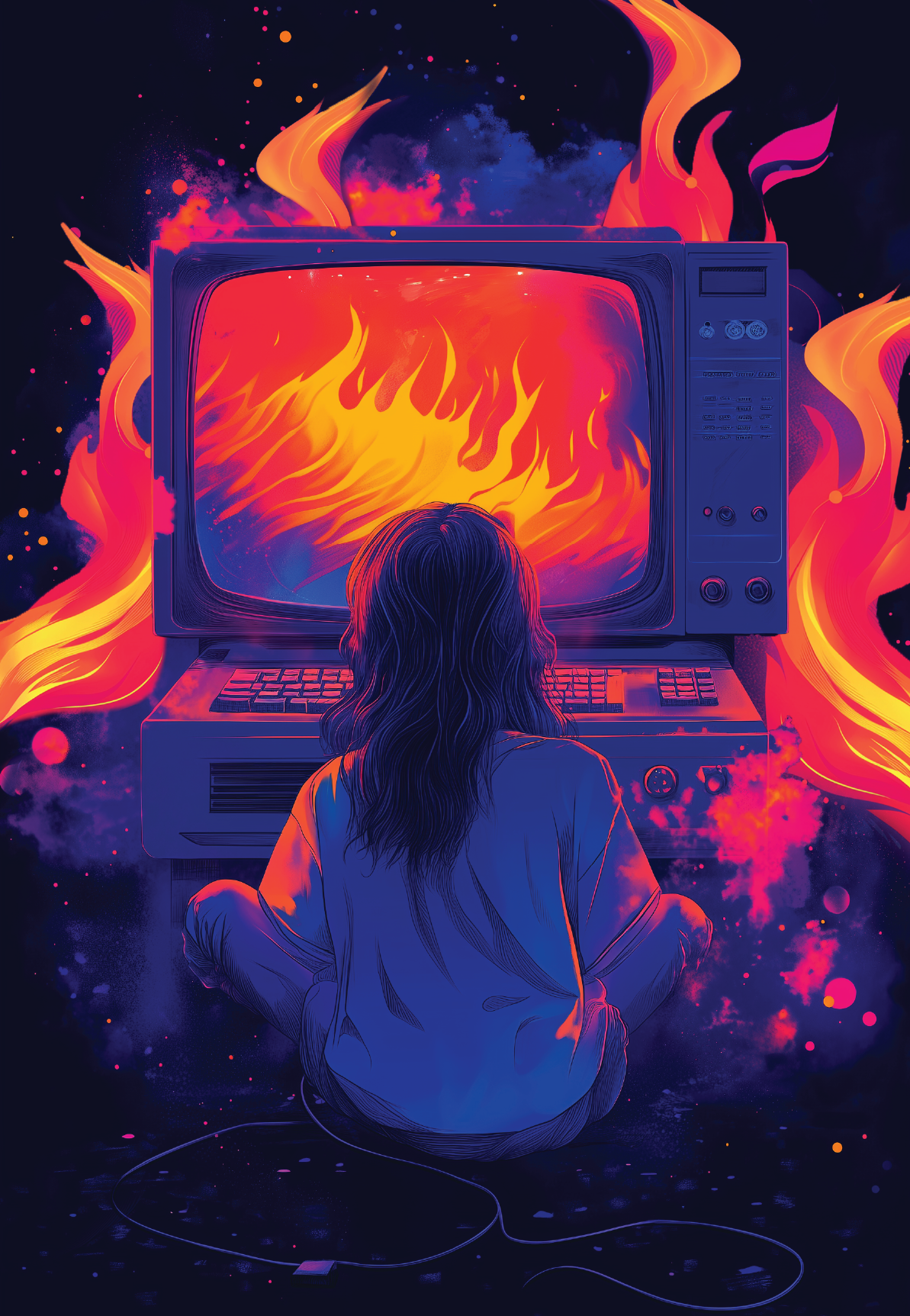

Jul 01, 2025
In 2025, the urgency to preserve digital heritage has moved from niche concern to mainstream conversation. As AI-generated content floods the web, misinformation spreads faster than ever, and governments and platforms quietly erase archives, there’s growing awareness that the internet is not a permanent record – it’s a fragile, editable, and highly politicised space. Major shifts in ownership, algorithm changes, and policy rollbacks have made entire swathes of online culture disappear overnight. From Tumblr posts to local news archives, what was once considered ephemera is now being revalued as historical record. Preservation efforts, once the domain of archivists and academics, are becoming decentralised, activist, and increasingly urgent. We’re starting to ask: what do we want future generations to remember, and who gets to decide?
Where it’s going: Preserving Digital Heritage is more urgent than ever. The first months of Trump’s new term showed just how quickly critical information can vanish – entire government websites taken offline, archives lost in days (more on this below). This trend is now a live risk. Preservation of our digital heritage is becoming an act of resistance and accountability.

Earlier this year, in the first weeks of the new US presidential administration, thousands of government web pages, covering everything from environmental justice to public health and scientific research, were abruptly taken offline. Entire platforms like USAID’s site disappeared, alongside critical datasets from other offices. While no formal explanation was given, the takedowns have been linked to the administration’s anti-DEI agenda and a broader effort to reshape public narratives. In response, coalitions of librarians, technologists, and climate justice organisations have scrambled to archive what they can. The End of Term Web Archive, Open Environmental Data Project, and Catalyst Cooperative led the charge, manually scraping datasets and racing against the clock to preserve what may soon be lost.
So What: This is Preserving Digital Heritage as an emergency response. As entire domains vanish overnight, what’s at stake isn’t just data, but memory, accountability, and truth. Digital platforms are not neutral and permanence is never guaranteed. What stories, histories, or research do you rely on that could be quietly erased? And what role can you play in safeguarding knowledge?
Wikipedia is facing an editor crisis – there’s only one editor for every 166 articles. Because of the limited oversight capacity, Wikipedia has now pivoted towards a deletionist mode, while guidelines for new articles have become increasingly rigid.
The AI bots that scrape the internet for training data are hammering the servers of libraries, archives, museums, and galleries – at times, with such force that their collections get knocked down.
This digital archive is active every day to download web pages and ensure that the knowledge and history on them is preserved. They add more than a billion URLs every single day. This isn’t a new innovation – but their founder recognises their importance more than ever in the current climate.